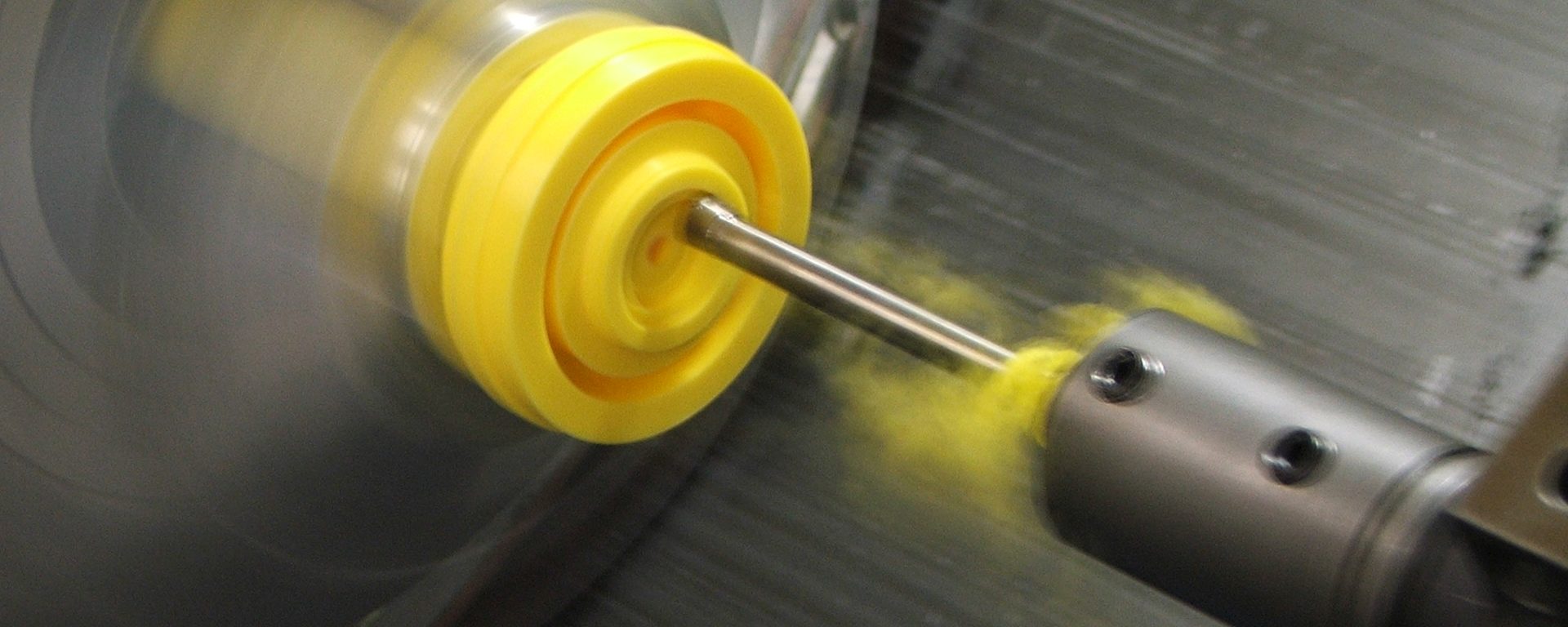If you’re an aspiring manufacturing worker who enjoys working with technology and advanced machinery, you may be interested in a career in CNC machining. But what do CNC machinists actually do? What are some of the skills you’d need to build for obtaining a great career in this fast-paced industry? Let’s explore some of the key CNC machinist duties you’ll want to know about (and prepare for!) as you pursue a job in this exciting and ever-growing field.
Before we dive in, it’s important to know what to expect in today’s CNC machining industry. With regard to technology in the field of manufacturing, there has been quite a dramatic shift in operations over the past few decades. The days of dirty, manual machines that only serve one purpose are long gone. Today, modern machinists work with advanced, state-of-the-art, high-tech, and even sustainable equipment. These powerful and precise machines have become the industry standard and enhanced the world of manufacturing as we know it.
These technological developments have also changed the job description for today’s CNC machinists. Computerized Numerical Control (CNC) machinists combine elements of computer programming skills, mechanical design, mathematics, and technical drawings in a clean and professional environment. But just what do some of the CNC operator duties entail?
With the right CNC machining training, machinists quite literally create an array of goods that we need in order to keep our economy and way of life going. These skilled professionals work with all kinds of materials, such as plastics and metals common to Connecticut’s manufacturing industry. Trained CNC machinists track a product through each phase of its production, from an initial concept to a tangible, finished item.
A CNC machine operator can take a formless block of steel, and turn it into one of the most advanced aerospace tools in the country! Some typical duties of a CNC machinist include
- Reading blueprints, sketches, or computer-aided design (CAD) and computer-aided manufacturing (CAM) files to determine the specs and tolerances of a product
- Setting up, operating, and disassembling manual, automatic, and computer numerically controlled (CNC) machine tools
- Aligning, securing, and adjusting cutting tools and workpieces
- Monitoring the feed and speed of machines
- Turning, milling, drilling, shaping, and grinding machine parts to specifications
- Measuring, examining, and testing completed products for defects
- Smoothing the surfaces of parts or products
- Presenting finished workpieces to customers and make modifications if needed
CNC machinist duties involve a wide array of important steps in seeing projects of manufacturing through. From the nitty, gritty tasks of milling and grinding machine parts to reporting to clients on timelines and progress, there are many roles the CNC Operator must fulfill. This may be part of what draws so many professionals to the world of CNC machining.
Those interested in CNC operator careers can also look forward to working in a fast-paced, evolving field. And, according to the Bureau of Labor Statistics, it offers good money to boot! CNC machinists in Connecticut earn an average salary of $64,366 – which is among the highest average annual salaries for machining in the nation!
In today’s modern industry, a CNC machining associate degree helps prospective employees blend take their creativity, passion, and an applied, practical education into a career that can satisfy the need for a hands-on, fulfilling job. And the jobs are out there. In Connecticut, there are approximately 4,350 manufacturers employing over 163,300 workers.
If you’re interested in learning more about a career as a CNC machine operator, call Goodwin College today at 800-889-3282 or explore our CNC Operator School online!
Goodwin University is a nonprofit institution of higher education and is accredited by the New England Commission of Higher Education (NECHE), formerly known as the New England Association of Schools and Colleges (NEASC). Goodwin University was founded in 1999, with the goal of serving a diverse student population with career-focused degree programs that lead to strong employment outcomes.

